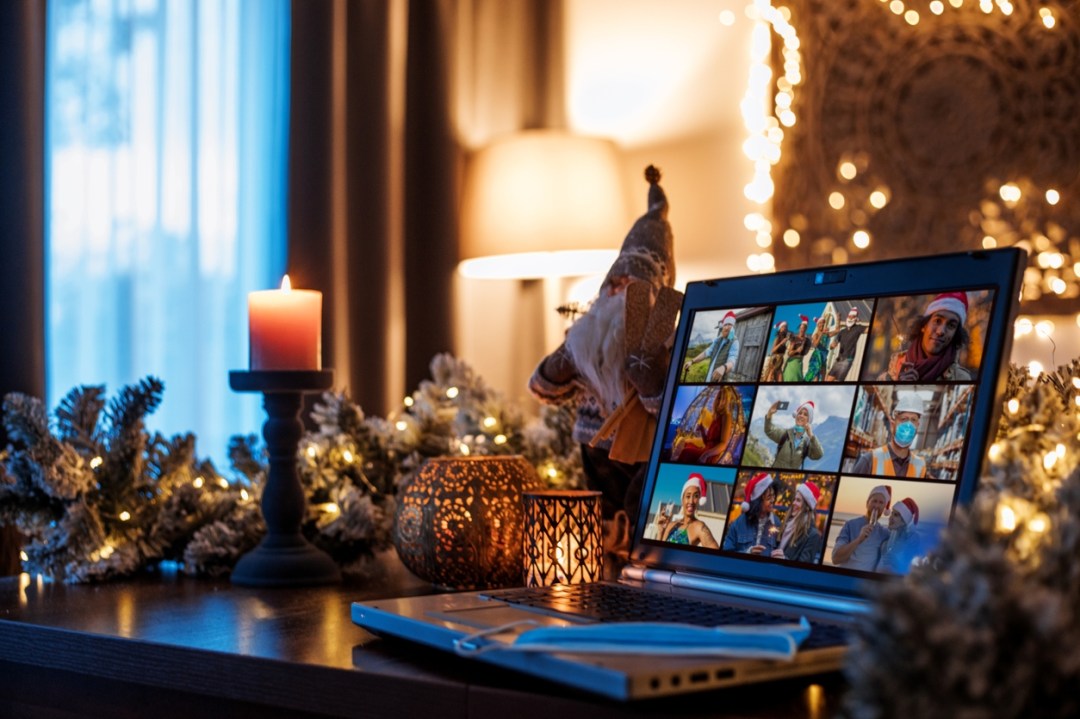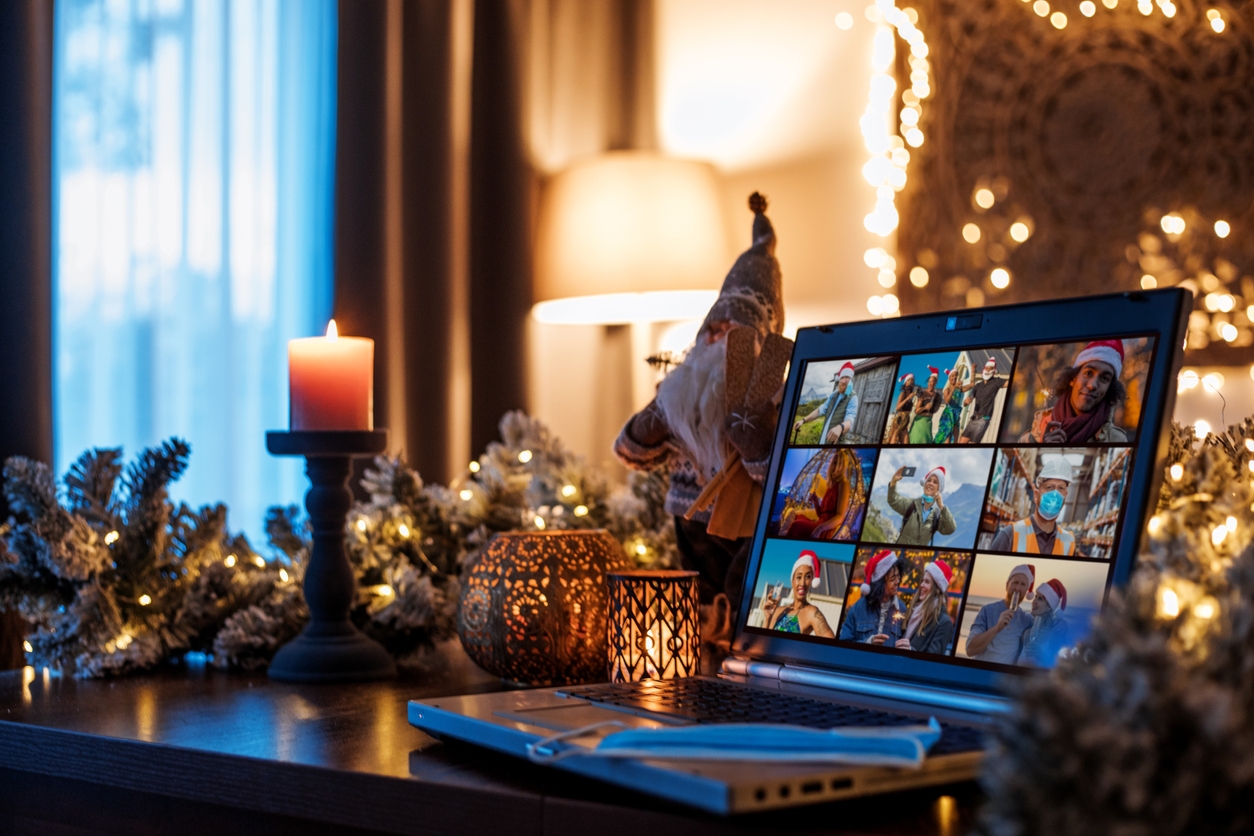I never expected to become a fake Rabbi. But this year, on Yom Kippur of all days, it happened. In the middle of the Pandemic, Jews were faced with the problem of marking the holiest day of the year without being able to meet up even for prayer. Communal prayer is a central feature of Judaism, especially on the day when we collectively atone for our sins. As the day approached, my family’s discussions (by FaceTime, of course) increasingly focused on how depressing it was going to be sitting at home alone, not eating.
An idea quietly formed in my mind. What if I could put on some sort of Covid-safe substitute? I enrolled on a three-hour evening course, via Google Hangouts, with a Rabbi in Islington who taught me how to blow the shofar (an instrument made from a ram’s horn, which is sounded at the end of the service). When the day arrived, my family logged in on Zoom to find me dressed in a prayer shawl, standing in front of a virtual background of our synagogue, struggling through pages of Hebrew prayers and singing half-remembered melodies I’d learnt since childhood in the synagogue choir. It was far from perfect. It was not traditional. But it was, somehow, Yom Kippur, and as I blew down that ram’s horn, we all felt better for it.
Which brings me on to Christmas, and the calls for Covid restrictions to be relaxed over the holidays. I don’t mean to be Scrooge. No Jewish person wants to be accused of ‘cancelling Christmas.’ But I had been under the impression that currently, nothing was considered more important than restricting the spread of Covid — not Yom Kippur, not Ramadan, not Diwali – and not Christmas.
When the pandemic started in the UK, Jews had just celebrated the festival of Purim, a particularly fun time when we are required to get drunk, exchange food parcels, and children wear fancy dress at parties. As usual, many enjoyed these traditions in their schools, synagogues and homes, just before the scientists told us the virus was spreading across Britain and that we should all stay at home to avoid passing it on. It was too late, and many died as a consequence. By the time Passover and the Jewish New Year came around, we knew better, and our family gatherings had all become strictly virtual.
Christmas has plenty in common with our Passover and New Year; there’s a festive meal centred at least nominally around a religious event, with family, love and human contact at their core. Marking them alone can feel dreadful, but not as bad as spreading disease and death to and through the ones we love, instead of cheer and goodwill.
If 2020 has taught us anything, it’s how to be creative in the face of adversity. Drinks with friends, collaborative sports and games, even school attendance were all things we took for granted before. This year, we had to come up with new ways to do them, and we did. Despite Judaism’s strict rules forbidding the use of electricity during holy days, for example, many chose to bend them and opted to be with family by Zoom for meals and services. It wasn’t the same, at first. It was even a little depressing. But it was better than nothing, and we soon learnt that sharing time together virtually beats sharing the disease.
The Prime Minister himself has acknowledged that in this war against the disease, there can be no ‘Christmas truce’. So why didn’t the government prepare expectations better? Shouldn’t they have spent the last month or two putting out adverts about the risks of meeting up for Christmas? Why didn’t they ask us to postpone our family gatherings until the highly promising vaccines are widely available? If ‘Get Brexit Done’ and ‘Build Back Better’ worked so well, why not try ‘hopefully by Easter’ to ask us to put off the in-person family gatherings until they are safer? Sure, I’m Jewish, but I can’t think of anything less in the spirit of Christmas than spreading disease and death to our families and beyond.
We Brits know how to carry on going in a crisis, and this year, I’d suggest a more creative approach is needed for Christmas than a lockdown time-out. If I can become a fake online Rabbi to help flatten the curve, I’m certain you can do what’s needed too, because the alternative is just too grim. So when the government tells us we can go home for Christmas, or even Hanukah, perhaps our answer should be ‘no thanks’. Let’s share the good will on Zoom instead.








Comments